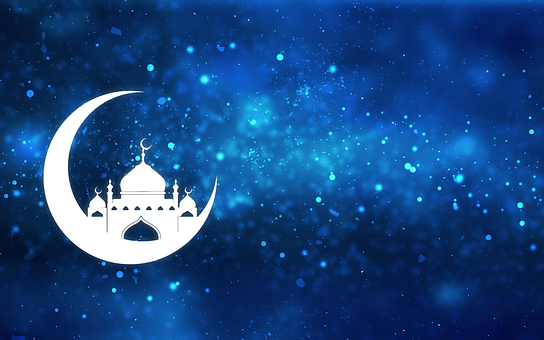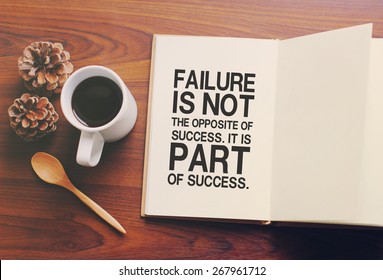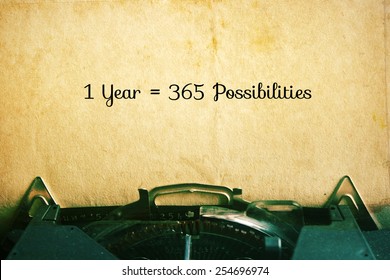
2019/05/05
2019/04/28
Trendy Spring Wardrobe Essentials
Polka Dots
Nothing says spring more than polka dots; they are a spring closet must-have. This timeless print will never get out of style. You can always depend on polka dots to give you an effortlessly stylish and cute look.
Yellow
Yellow Is the biggest color trend for spring 2019. This sunny pastel shade spring can be worn with your go-to casual denim trousers, or you can go the extra mile and match your yellow top with yellow bottoms to create positive spring vibes.
Chunky Sneakers
Step into spring in chunky sneakers. The ugly sneaker trend is showing no signs of slowing down; so ride this wave and make your spring ensembles look freakishly stylish by pairing your outfits with these comfy and practical sneakers.
Paisley/ Scarf Prints
Make a bold statement by spicing up your outfit with some boho chic, the 70s inspired bandanna print tops.
Neon
Spring is all about playing around with bright hues. You can rock this electric hue from head-to-toe to create an eye-popping outfit. I know that for some of you neon might be a tad bit intimidating, but try mixing and matching it with neutrals.
Biker Shorts
Unleash your legs in the trendiest shorts at the moment: biker shorts. Biker shorts are just as comfortable to wear as leggings, and are versatile. This sporty garment can be transitioned from a causal everyday look to a fashionable evening look.
Zebra Print
If you are having leopard print fatigue, opt for zebra print. Zebra print is currently IN - so look on trend and chic by wearing a zebra print top with mom jeans - if you want, you can also rock a zebra print dress for a sophisticated daytime look.
Floral Prints
What better way to celebrate spring than to wear floral print. Trust me, anything floral print is a MUST in your spring wardrobe.
Cardigans
Because you can't step out in a crop top or a vest just yet due to the occasional cold breezes, get yourself a knitted cardigan to layer on top of your spring tops to keep you warm.
2019/04/25
Things To Always Remember
The past can't be changed

Opinions don't define you

Everyone's journey is different

Keep things simple with overthinking

Judgement should be about you not others

True happiness is found within yourself

Your thoughts affect your mood

Your smile has the power to light up the room

Kindness is free



It's okay to let go and move on

What goes around, comes back around
Things will always get better with time

2019/04/21
2019/04/16
Healthy Habits - Daily Countdown
9 Thousand Steps
8 Hours Of Sleep
7 Glasses Of Water
6 Minutes Of Mediation
5 Servings Of Fruits & Veggies
4 Breaks Stretching & Mental
3 Meals & Healthy Snakes
2 Hours Of No Phone Before Bed
1 Session Of Exercise
Remember
- Life Is Not Morley Being Alive, But Being Well.
- For Happy Health, Fuel Yourself With Dreams & Greens.
- Life Is Healthy, But Lifestyle Makes It Unhealthy.
Subscribe to:
Posts (Atom)



























